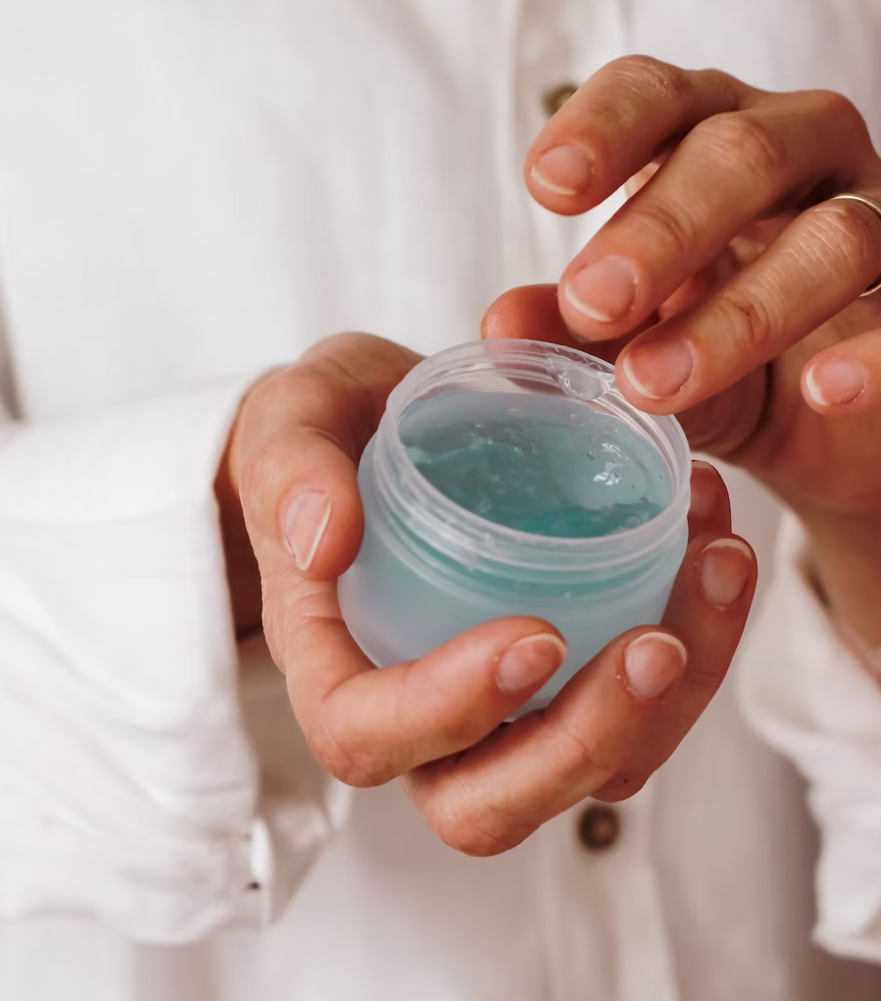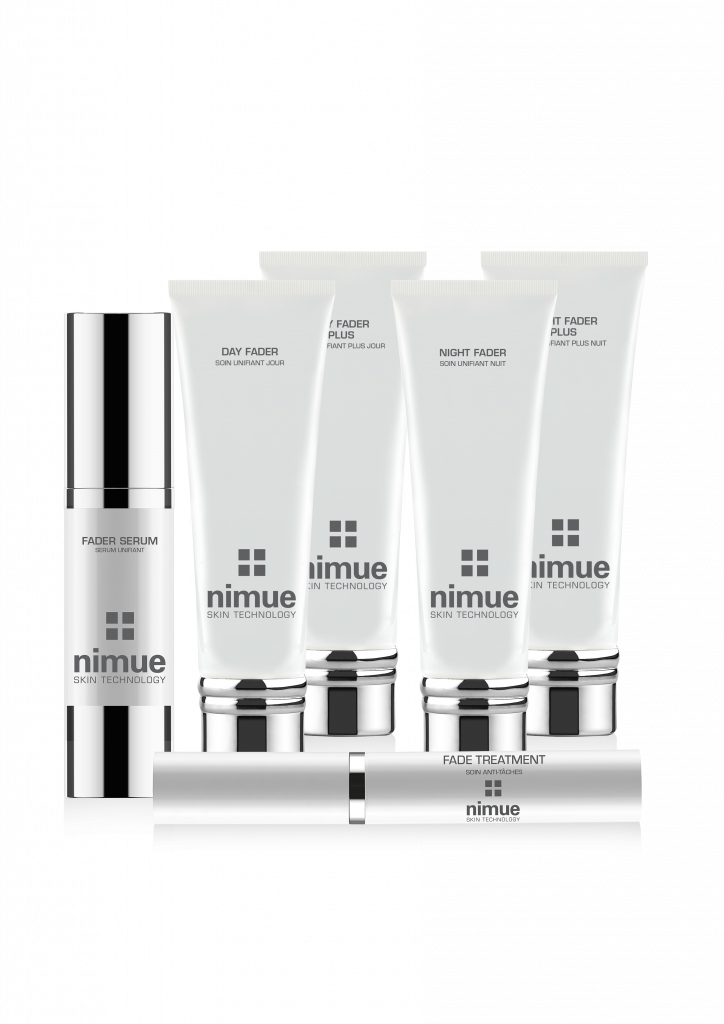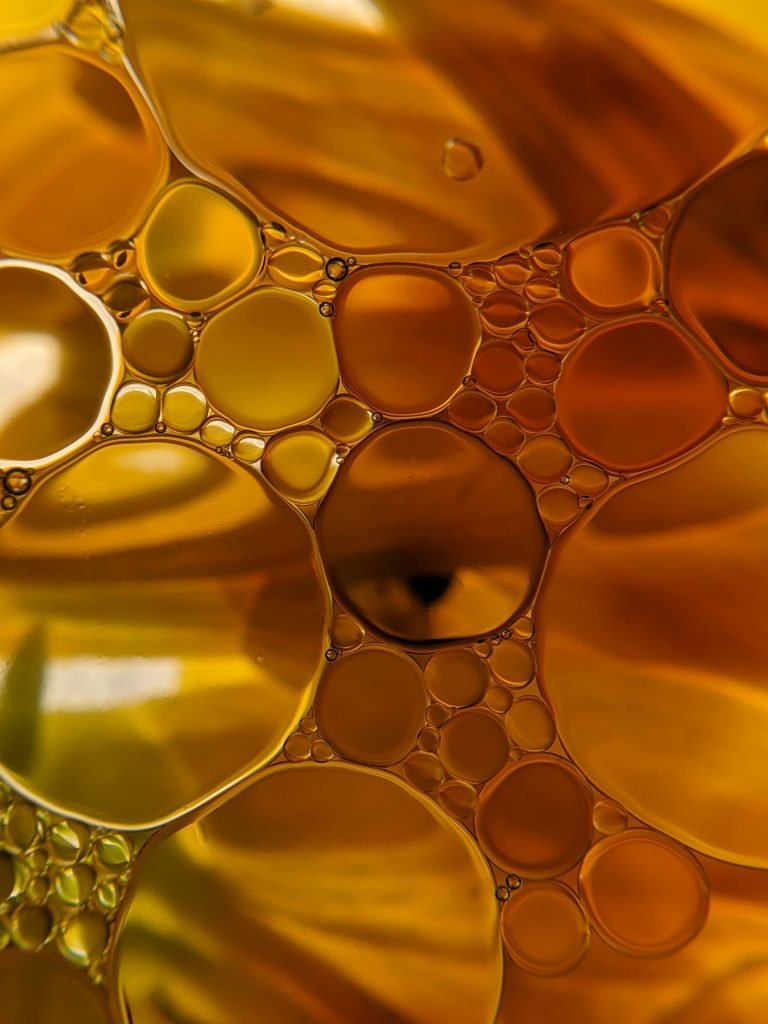

Does everyone need to moisturise?
Everyone living in the modern day “civilised” world, yes! While your skin has it’s own in built system to moisturise and protect itself by producing sebum, that is thrown off by stress, atmospheric pollution, air-conditioning, seasonal changes, wearing make-up, and a million other things.
What you may not necessarily need to do is to moisturise your entire face. Be prescriptive with your moisturiser. Do your nose & chin need as much hydration and protection as the cheeks and forehead, where the skin is thinner and the oil glands more scarce? Is your moisturiser designed specifically to reduce the activity of the sebaceous glands so you can use it on the nose and chin to reduce spots and blackheads?
Do I need a day cream AND a night cream?
During the day your skin needs more protection. It gets exposed to different weather conditions and different interior conditions. Consider the changes it tackles on a cold rainy day, going from a supermarket, travelling, then into your home environment. Then there’s wind, dust, UV radiation from the sun, blue light radiation from your screens and devices, makeup, sweat… etc…
At night the same skin goes into it’s rest and repair phase. This is where it benefits from boosts of nourishing ingredients. These will help to strengthen and rebuild, without being battered by sun, wind, air-con, central heating and so on.
Day and night products are formulated to deliver different nutrients to answer the changing needs of your skin. The night version of high strength active ingredients such as AHAs or retinols gives your skin the highest quantity. Turn round and use the same night cream morning and evening tho, and you could be overloading your skin! Nimue moisturisers have a low percentage of AHAs for daytime- 0.5%, but the night creams deliver 10 times that amount.


Does a moisturiser get less effective the longer I use it?
No. Follow the guide on the packaging (see image below), your moisturiser will be just as effective. HOWEVER, your skin may have changed and now be needing something different. If your moisturiser says 12 M (12 months) or longer, you could pop it in a cool area and come back to it later in the year when it is more suitable for your needs. If it only say 3M (3 months) then it needs used up soon.


My moisturiser isn’t heavy enough for winter
Aah, this is where we get into seasonal skincare. As your skin has to deal with more extreme changes of environment (such as having the heater on the car, getting out in a freezing cold carpark, then piling in to a heated restaurant) it needs different ingredients than a summer day in the garden would. This is where the oil/ water balance comes in to play.
Water is essential in your cells, and a lipid barrier (oil) around the cells stops that water escaping. Not enough oil, and the barrier allows water to escape. If you’ve heard Trans Epidermal Water Loss (TEWL) mentioned, this is what we are one about. A healthy, strong skin barrier with the right proportion of ceramides and skin oils will lock moisture in, keeping skin hydrated.
So in colder weather you might need a different moisturiser, or to add a serum to improve the skin barrier, such as Nimue Pre & Post.


There’s a lot more to it than picking up a pot of cream emblazoned with promises. Book a skincare consultation to discover what your skin needs. https://naturalbalanceleeds.com/booking/
